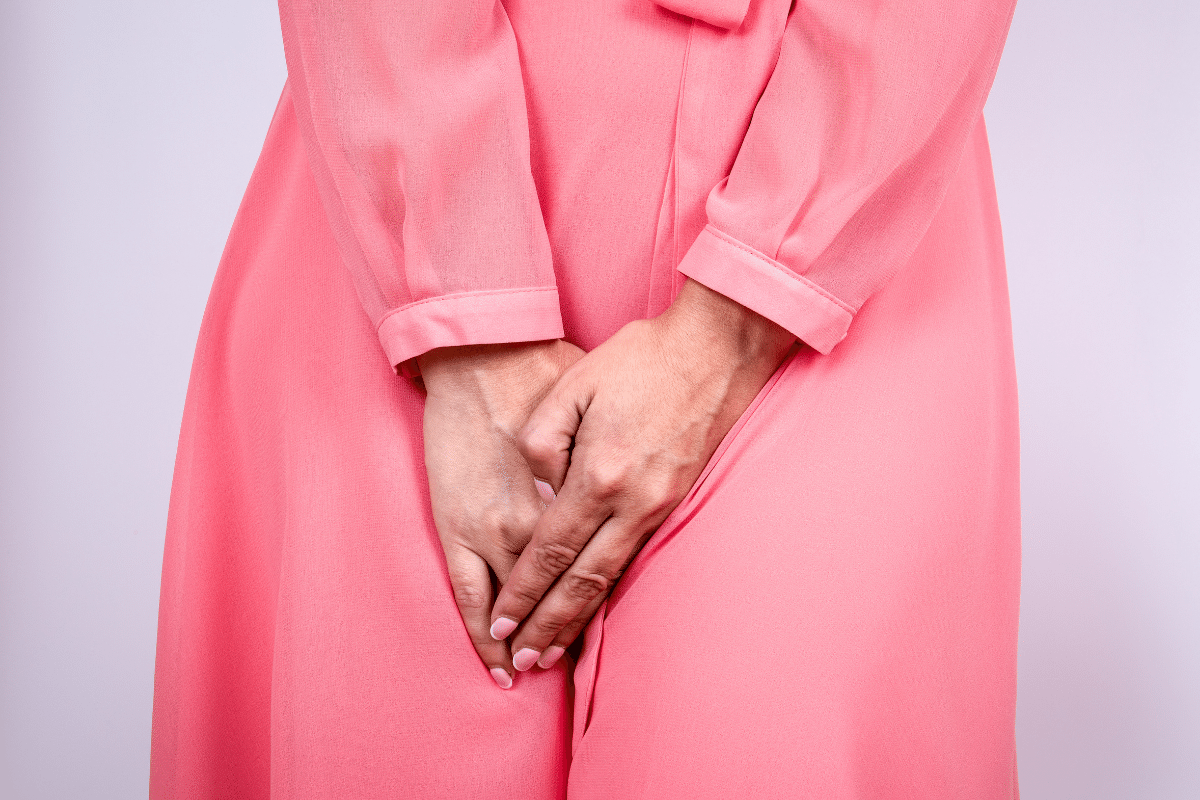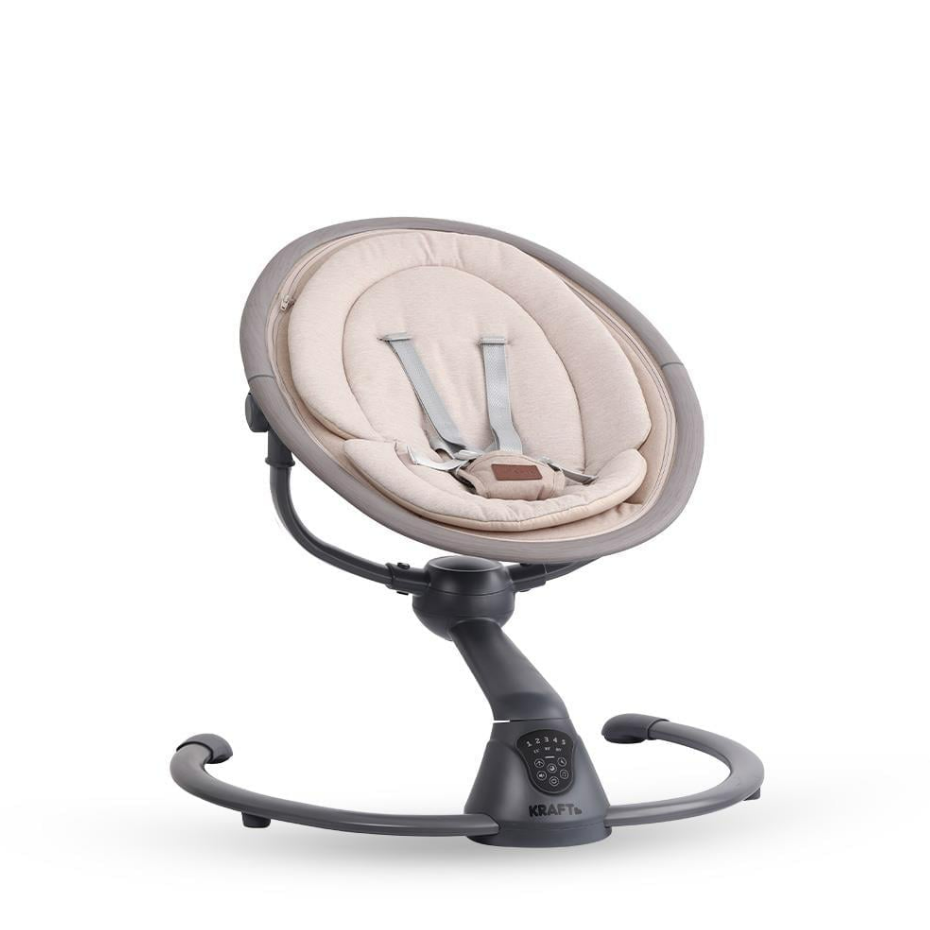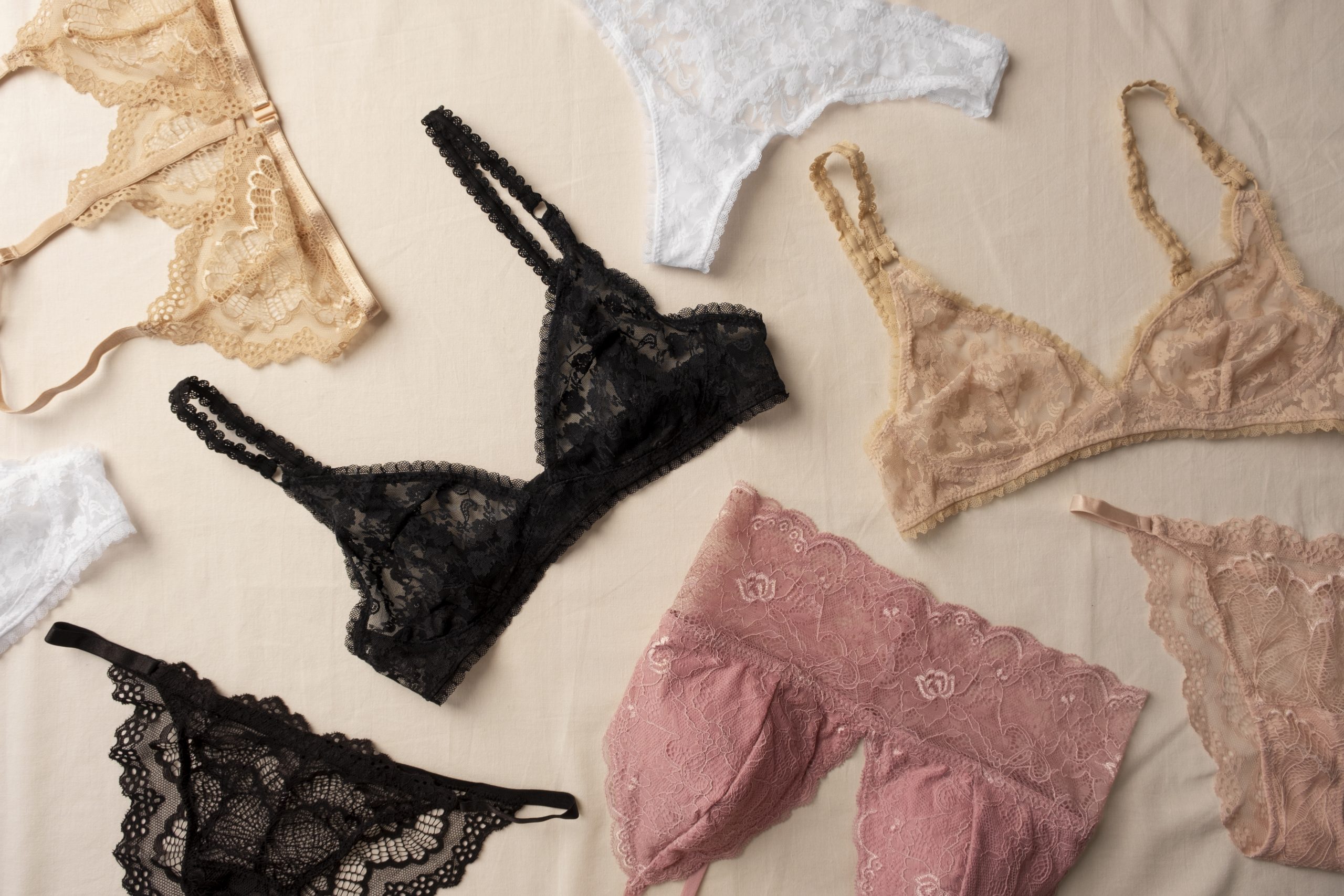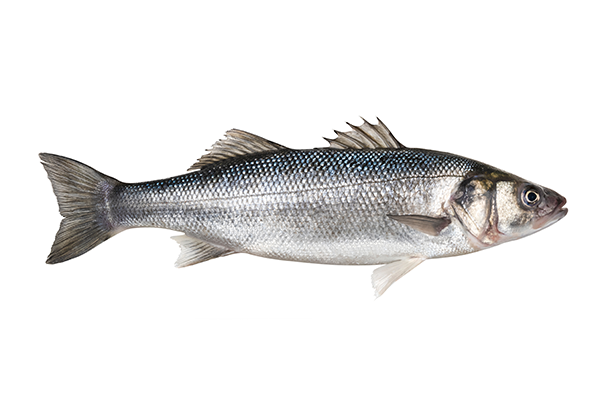Urinary incontinence is much more common than you think, particularly in women. While some people are quite happy to discuss this problem with their doctor, others find it extremely embarrassing and tend to shy away from the subject. But, the truth of the matter is that as many as 45% of women will experience urinary incontinence in one form or another throughout their life. It’s a condition that can have a very negative effect on a person’s well-being and self-esteem if left untreated. People may not want to go out through fear of an accident and as a result may become depressed. Sexula dysfunction is another related problem.
Types of urinary incontinence
- Urge incontinence: This is when a sudden urge to urinate comes on that is so overwhelming it results in a leakage of urine. It’s often to linked to women who have diabetes, a neurological disorder such as stroke or dementia, or those who are overweight. Symptoms can worsen very easily by things such as drinking too much fluid, caffeine, bladder infections, or diuretics.
- Stress incontinence: This is normally related to damaged or weak pelvic muscles and is quite common in younger women who have given birth naturally. It often results in the person leaking urine when sneezing, coughing, exercising, or having sex.
However, the most common form of urinary incontinence is actually called mixed and consists of features from both of the above.
What can I do?
If you are suffering from urinary incontinence, here’s a few things that can help:
- Talk to a health professional: Don’t suffer in silence. There are so many readily available treatments for urinary incontinence, so the sooner you discuss it, the sooner you can get better. Some medications, menopausal changes, uncontrolled diabetes, and a number of other things can make the problem worse and a health professional may be able to help identify these.
- Keep track of your fluids: Drinks containing caffeine, such as tea or coffee, or those that are very acidic such as juices and sodas, can irritate the bladder. So, to reduce the number of trips to the bathroom in the night, cut down on these types of drinks, particularly in the evening.
- Pelvic floor exercises and physical therapy: A trained provider in this area can help you come up with a program that will strengthen those pelvic muscles, giving you more control.
- Bladder training: Used alongside pelvic floor physical therapy, bladder training is a great way to train an overactive bladder. Simply schedule in bathroom visits and stick to your guns as much as possible.
- Clean the affected area: Avoid skin rashes and infections by keeping moisture to a minimum. Incontinence pads can help, as can daily bathing, and applying a layer of petroleum jelly. Commode chairs with froont appeture are perfect for use here.
- Exercise: Studies have demonstrated that the more active a women is the less likely she is to suffer with urinary incontinence.
- Hold the medication and the surgery: Simple changes to your lifestyle may be enough to keep the condition at bay, so why have unnecessary medication or surgery of you don’t need to. Medication or surgery should only be used if all else fails.
- Shed a few pounds: Excess abdominal fat creates more pressure on the bladder, so losing just 5% of your body weight could make a significant difference.
Last resorts
If you’ve exhausted all of the above and are still suffering then talk again with a health professional. Some women that experience vulvar changes (atrophy) have found that an estrogen cream or ring helps ease the problem. There are also various medications available, but as of yet, none offer a cure, and at best only reduce accidents by maybe one or two times a day. They often result in nasty side effects too such as confusion, constipation, and drowsiness.
Yasal Uyarı | Gizlilik Politikası | Künye Hamilelik Rehberi | Bebek Gelişimi | Ebeveynlik Rehberi













